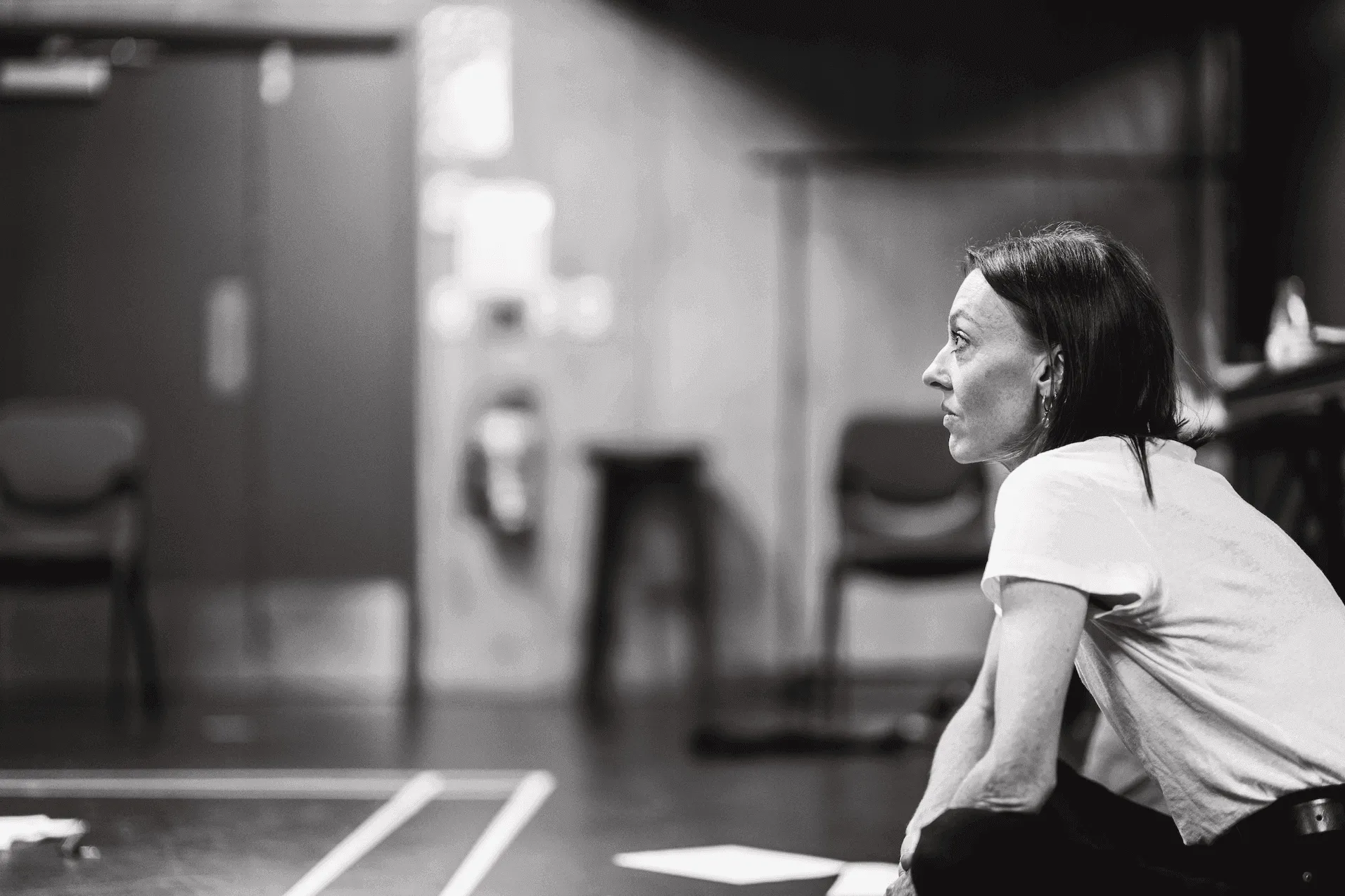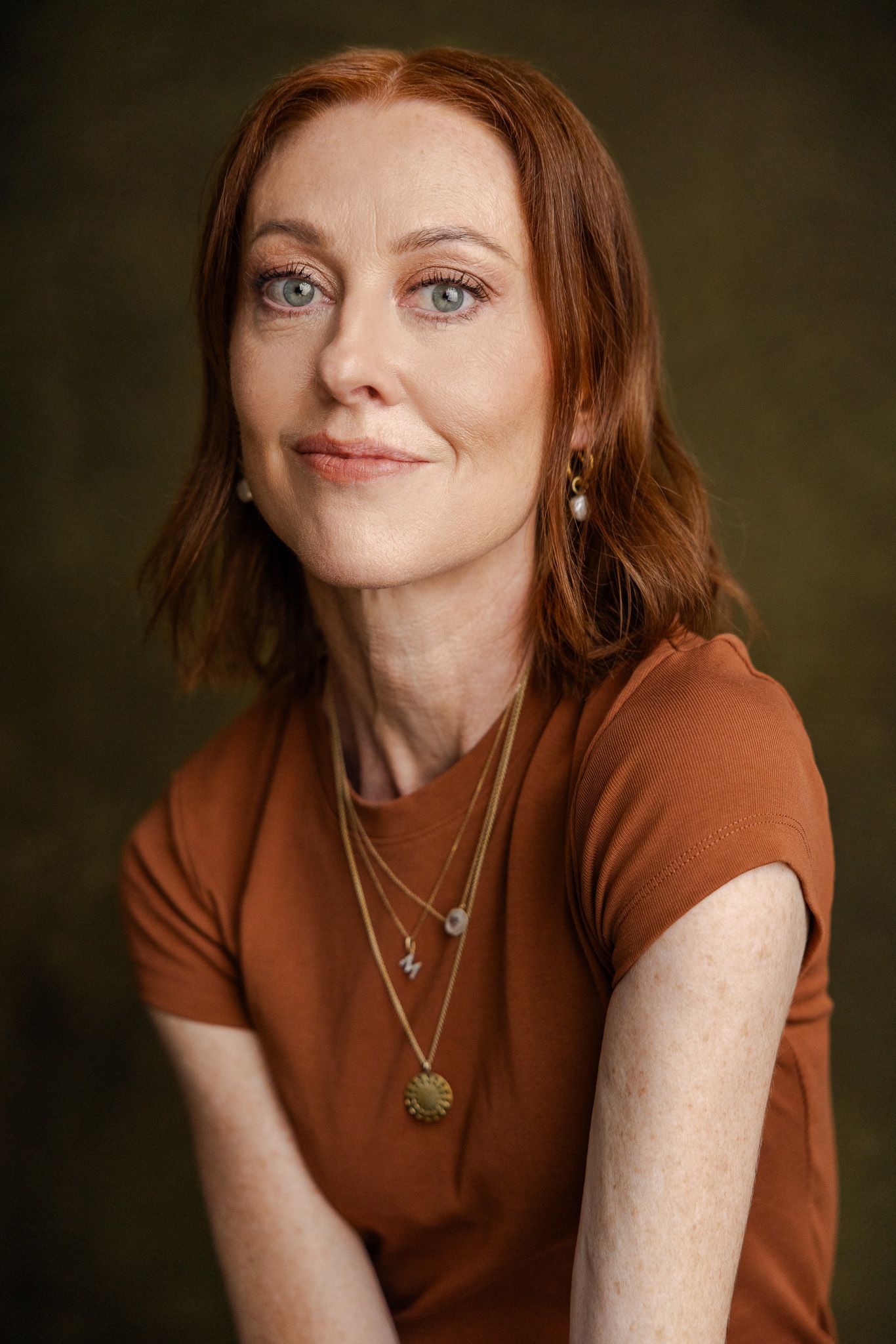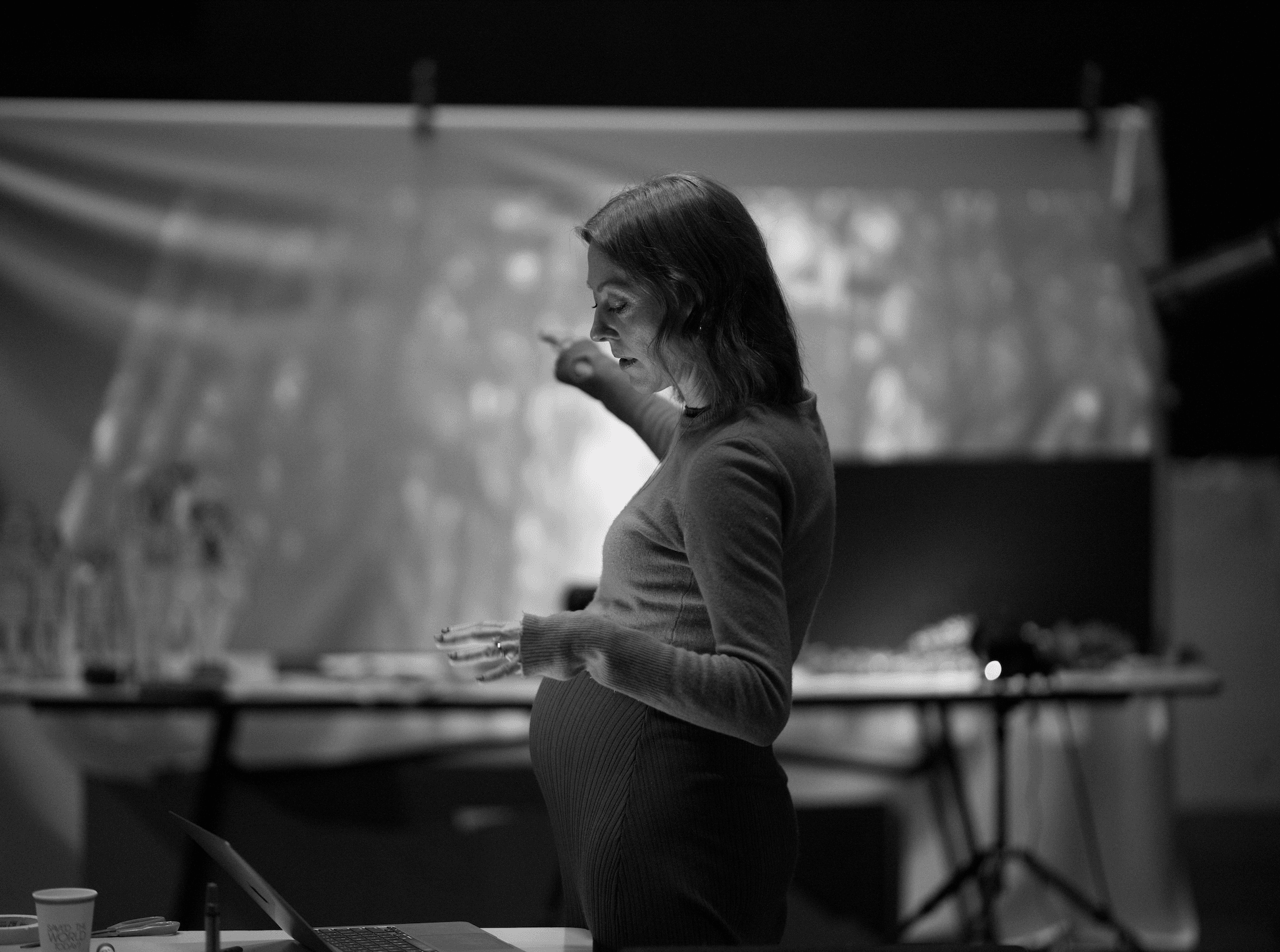"Risk Is Becoming A Dirty Word" - Sophie Roberts On Arts Leadership
After more than a decade of driving Silo Theatre, Artistic Director Sophie Roberts is signing off with some honest and unfiltered insights on the state of the sector.

It’s a weird feeling to exit what you had considered a dream job.
For Sophie Roberts, bringing an end to her 11 year stint at Artistic Director of Auckland theatre bedrock institution Silo Theatre is still hard to get her head around.
When asked about her emotions, Roberts reacts “Exhausted? Bewildered? Grateful? Emotional? Ready? Not Ready? I don’t really know, it’s been a huge chapter that I will be unpacking for a while.”
Almost a full year since the announcement of her departure was made, it’s become a reality this month. A role she’s held since 2014, Roberts has blossomed into a hugely respected leader in the creative sector, having negotiated some extremely challenging times for the organisation (cough, pandemic, cough).
But this isn’t a break-up with an organisation she’s been associated to her entire creative career - she’s still down to direct two more shows with Silo in 2025, starting with Taniwha (26 June – 13 July) at the Herald Theatre, and followed up with Mother Play in September.
“I think it’s the right time for me to leave. It’s been a weird and hard few years with COVID, a few internal leadership changes at Silo, lots of governance changes within the board and I felt like it was best for Silo to have a constant through an unstable time.
"I’m sure most people think I should have gone earlier but my focus has genuinely always been what’s best for Silo and in recent years retention of institutional knowledge in the company felt important. I’ve been so incredibly lucky to have a job during such an unstable time in our industry, I don’t take that for granted and it’s been a huge gift in my life.

“I loved being part of a company and I loved being a leader, those are things I will really miss. I’m very much a pack animal and feeling like I’m in service of something bigger than myself is a very important part of my working life and sense of purpose.
“Personally speaking, it taught me to be stronger than I knew I could be, humbled me by falling on my face 1000 times and it’s made me a better person.
“I’m so happy to be working on this special show for my last production as AD, it’s hopeful and magical and reaching for something big and with artists I love dearly and have learnt so much from in my career (it’s much the same creative team that put together the successful Peter and the Wolf production).”
Personal toll of leadership
And there have been a lot of lessons. Roberts has had to make plenty of sacrifice to make the role work and keep Silo on track in tough times. The all-encompassing nature of the position has taken its toll.
“The weight of responsibility and at times feeling like a bit of a punching bag,” she admits.
“There’s lots of waking up at 2am worrying about everyone and everything. There’s a big personal cost, I don’t feel awesome about the fact I was sending emails from the hospice while my dad was dying or that I’ve worked too hard through some very serious and scary health challenges of my own to my detriment.
“I think we can be pretty hard on each other in this industry. Arts leaders are just people with feelings of their own and often quite a lot going on, generally just trying their best and not actually the main perpetrators of evil in the world.
“I’m not a person who’s ever really cared what others think of me and I think that’s served me well in a job like this, you must be comfortable with being unpopular. But absorbing that level of people’s outrage and opinions does have a kind of spiritually corrosive effect on you over time.”
Conflict can be good
Never one to shy away from an opinion, Roberts is typically forthright when discussing what have been the biggest changes to the sector in her time leading Silo.
“There are too many to name but I think one of the most positive changes I’ve seen is our industry getting better at challenging deeply embedded problematic and damaging behaviours, such as bullying, sexual harassment, tantrum throwing and general bad behaviour from people, often in positions in power. Obviously there’s still such a long way to go but the sector feels more open and inclusive than it used to.
“Something I have been talking about and observing recently is we need to get better at conflict as an industry. As we’ve all been working at undoing harmful processes and structures, we’ve swung to a place where we don’t seem to know how to do conflict in a healthy way - I watch so many people on eggshells with each other.
“Conflict is central to our work and the process of art making should be challenging and exploratory and not always comfortable. I think we’re at an interesting intersection where hopefully we are moving towards the creative space is a safe space and also one where it’s OK for people to disagree and for work to say challenging things.”

Nothing has been more challenging in the live performance sector in recent years than the intense competition for funding and the difficulty in attracting audiences. Roberts knows the internal angst all too well.
“This is the thing we spend every day talking through, working through, crystal ball gazing, strategising. I think, like most artists and arts workers, I oscillate between ‘It’s going to be OK’ and ‘Oh my god, we’re doomed.’
“I don’t know what the next few years are going to look like, but the solution is always going to be found in the doggedness and courage of artists. It’s what I love so much about theatre makers - the absolutely unhinged tenacity and commitment to something that is so niche and kind of deeply uncool that we believe in so powerfully. That belief makes it truly magic and the people who don’t give up are my heroes.”
Risky business
So as she prepares to bring Taniwha to appreciative young audiences over the school holidays, it’s an audience of one that will soon soak up more of her focus.
“I’m going to go back to freelancing for a while and spend more time with my son. He’s two and I went back to work quite soon after he was born so I’m looking forward to being around for him more while he’s little.”
Roberts has earned the right to put family first - she’s given plenty to the wider arts community over the years. But when offered the opportunity for a final word of advice to the sector, she didn’t miss.
“We have to be brave. Risk needs to be embraced again,” Roberts declares.
“Artists need to be in more leadership roles - artists are the experts at artmaking and should be deferred to as such. I think the general climate of fear and risk aversion in the world is permeating our industry and our work in ways that I don’t love and I think the solution is to have visionary and courageous artists with more decision making power. Risk is becoming a dirty word and I’m hearing ‘commercially viable’ thrown around much more than I’m comfortable with.
“Theatre can be an empathy machine, an imagination builder, a protest, a way for us to build tools around social, emotional and relational intelligence. What we do is important, it’s of enormous societal value and it takes huge courage.”
Sophie Roberts directs Silo Theatre's Taniwha at the Herald Theatre (26 June - 13 July).